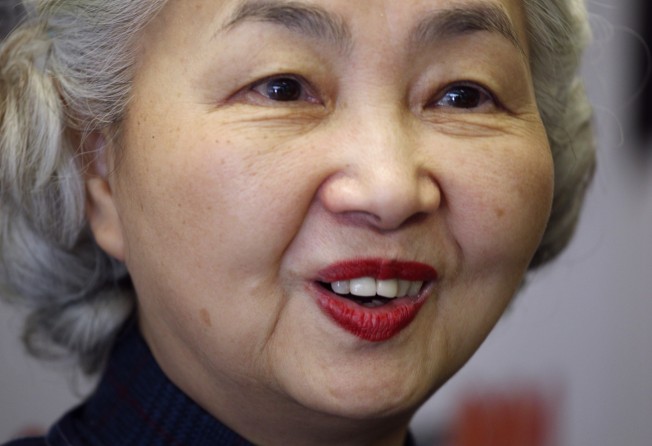Public nomination for 2017 CE election ‘against Basic Law’, says Elsie Leung

Allowing the public to nominate candidates for the 2017 chief executive election is against the Basic Law, and the idea is not worth discussing, Basic Law Committee vice-chairwoman Elsie Leung Oi-sie reiterated on Wednesday morning.
The former justice secretary, who took part in an ill-fated political reform plan in 2005, has spoken publicly for the first time since the government launched a five-month exercise to garner public views on the upcoming political overhaul.
Speaking on Commercial Radio on Wednesday, Leung said the idea of letting the public nominate candidates for the top job went too far from the Basic Law, the city’s mini-constitution.
“You can discuss anything. But if something doesn’t fit the legal framework, and certainly wouldn’t be accepted, why discuss it?” she questioned.
In 2007, the National People’s Congress’ Standing Committee decided that Hong Kong may elect its next leader in 2017 “by universal suffrage upon nomination by a broadly representative nominating committee in accordance with democratic procedures.”
Pan-democrats have been calling for the public to be allowed to put forward candidates, as they fear that their candidates could be ousted if nominations are made by a committee.
Leung reiterated that the nominating committee for the 2017 election should be modelled on the current election committee’s four-sector structure, in which each sector has approximately 300 members.
“If there is public nomination, there is no need to have a nominating committee,” Leung questioned.
“For public nomination [to work], you need a system to make sure that the nominators are genuinely different [individual] voters … so you would need to check their identity cards, otherwise some people can sign their names several times if you only collect signature on the streets,” she said.
“[Such a system] is very different from the current one,” Leung said.